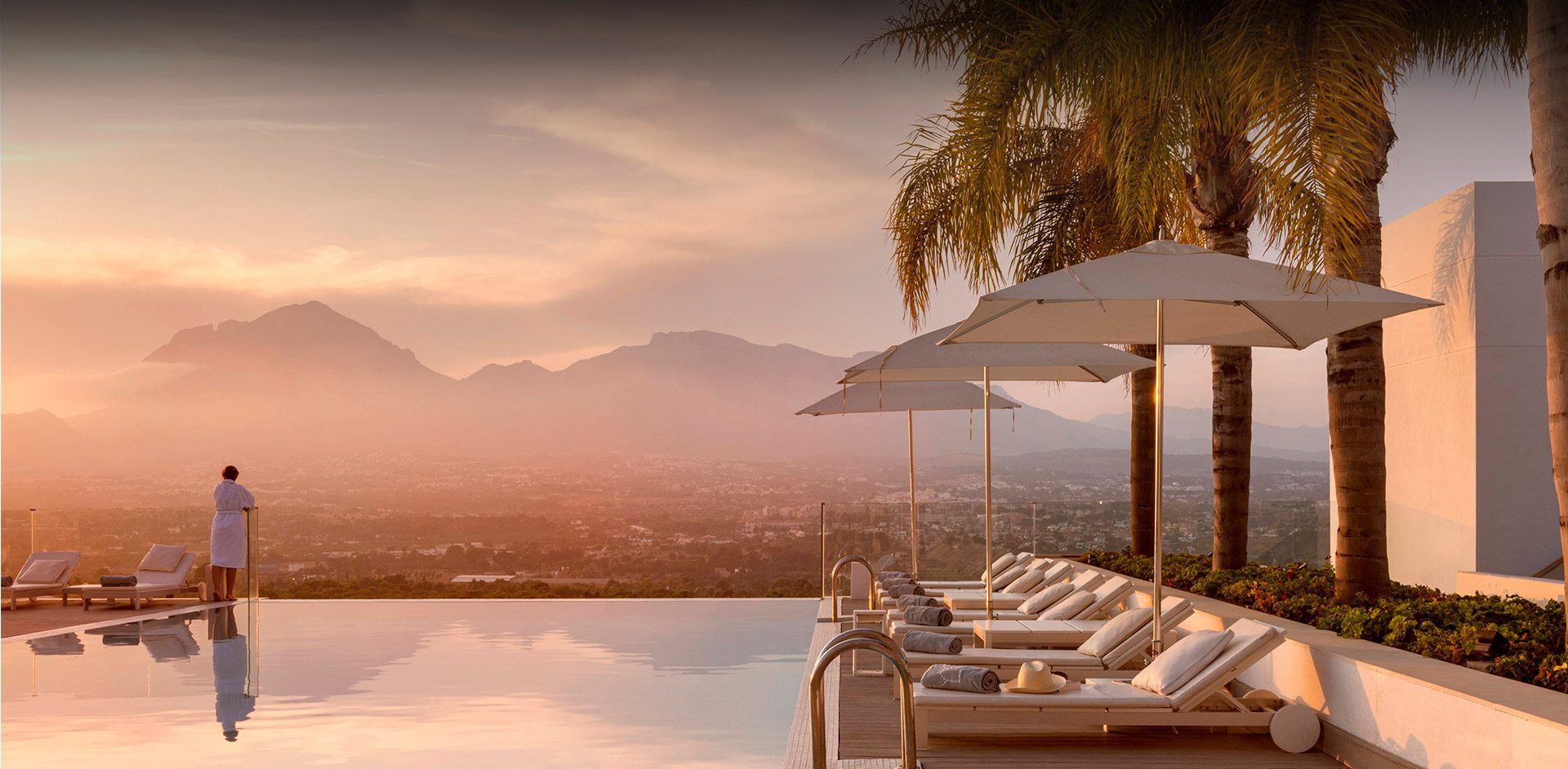Visitors seeking out wellness hotels and spas are likely to expect offerings far beyond conventional travel.
They may intentionally seek out places taking a holistic approach to health, recognising that well-being encompasses not just physical health but also mental, emotional, and at times, even spiritual aspects.
Such destinations are known to curate a diverse range of activities and experiences for guests to enjoy. These can span from soothing spa treatments to immersive yoga and meditation retreats, fitness programs, wholesome meal plans, stress-alleviation techniques, and holistic therapies.
All of these service typically take place within the backdrop of locations celebrated for their natural beauty, serenity, or ambiance. These could be lush forests, mountains, and pristine beaches to therapeutic hot springs and idyllic countryside villages.
The advent of social media has played a pivotal role in enabling travellers to discover and share their wellness experiences. Influencers and celebrities often endorse wellness destinations and activities, stoking the flames of interest in this clearly lucrative sector.
Last year, the global wellness tourism market size was valued at $814.6 billion USD. It is expected to expand at an annual growth rate of 12.42% from 2023 to 2030.
Wellness tourism is able to further capitalise on the desire of older generations to preserve their health and extend their active years. With human lifespans getting longer, wellness tourism caters to this demographic by offering specialised programs and activities that promote longevity and vitality.

Many of these experiences will be tailored to the unique preferences and requirements of individual travellers, which greatly appeals to those seeking distinct and meaningful travel experiences.
This includes the growing segment of wellness travellers who are environmentally conscious and actively seeking destinations and resorts committed to sustainability and eco-friendly practices.
Finally, as global incomes continue to rise, people have more disposable income at their disposal, allowing them to allocate resources towards experiences like wellness retreats and spa getaways.
This economic factor has been instrumental in expanding the wellness tourism market, making it a thriving and dynamic industry. Still, it may be only a matter of time before the cultural, environmental, and social consequences of the sector are called into question.
As with any relatively new industry, it’s important for travellers to research and choose experiences carefully by critically assessing the claims and practices of tourism providers to ensure they align with their values and objectives.
It will be interesting to see how wellness tourism expands in the coming years – and whether it is an industry that is built to last.























